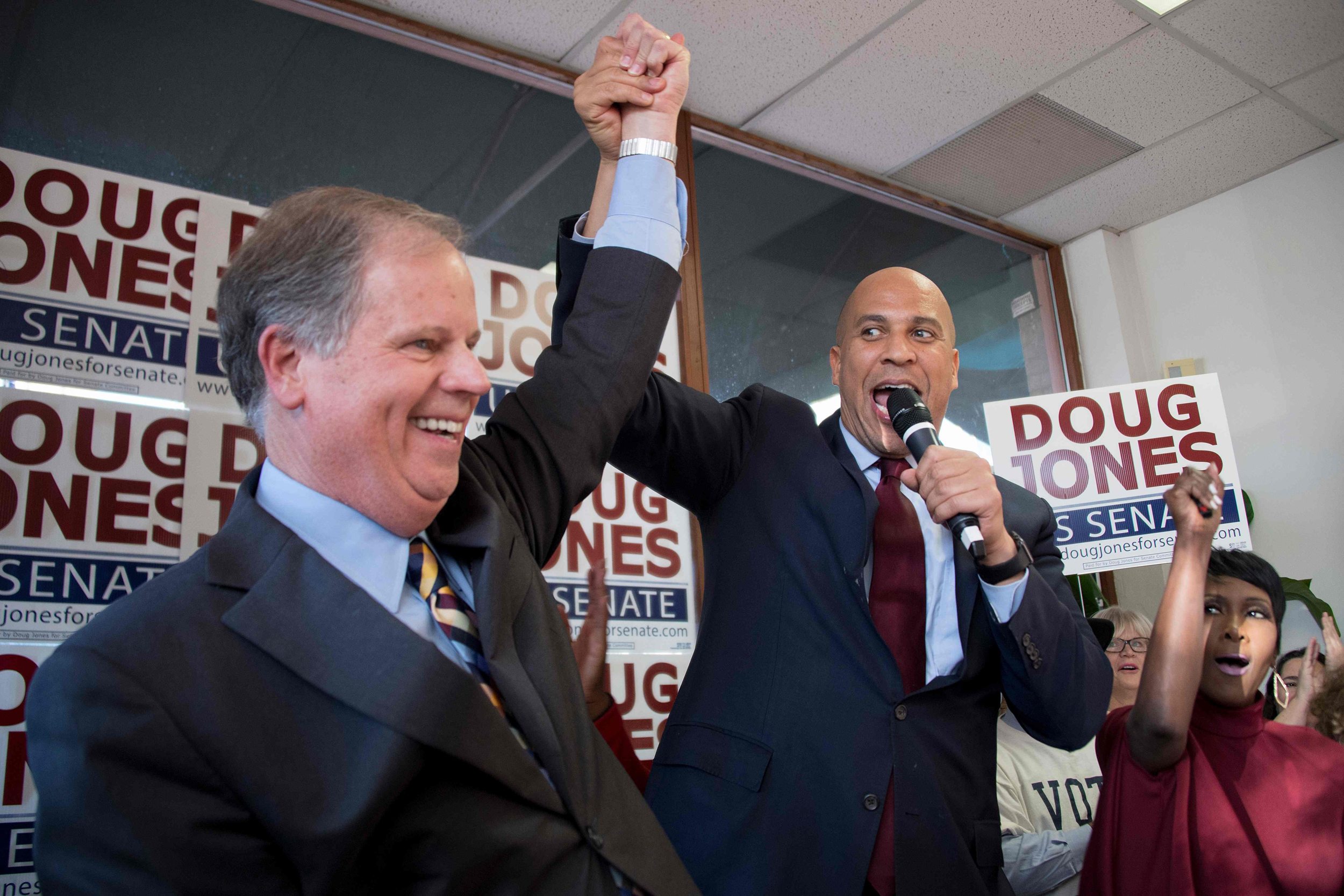Despite the repeated mischaracterizations by organizations and politicians ginning up support for controlling Americans’ ability to associate politically by claiming that money buys elections, Eric Cantor’s primary defeat proves once again that it is voters, not moneyed interests, who decide the outcome of elections.
Although the House majority leader had a 26-to-1 fundraising advantage over his opponent, Cantor lost to college professor David Brat, whose campaign, with only two paid staff members (including a 23-year old campaign manager only a year out of college), only had about $200,000 on hand. In contrast, Cantor raised $5.5 million during the election cycle and had 23 paid campaign staffers as well as a slew of consulting firms on retainer.
Cantor’s defeat is a black eye for the organizations and politicians claiming that we need a constitutional amendment to “protect our democracy” and elections from money in politics. The majority leader and once heir-apparent to the speakership enjoyed widespread support from various interests, with Politico reporting that Cantor received support from 377 political action committees.
So what happened? The answer is simple: our democratic system of government worked, and the candidate whose message resonated best with the constituency received the most votes.
In other words, despite the hysterics of certain politicians and groups, America’s democratic system of government is doing just fine. Votes, after all, are what still win elections.














